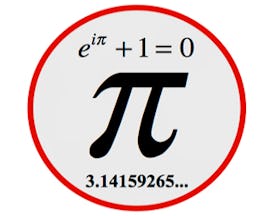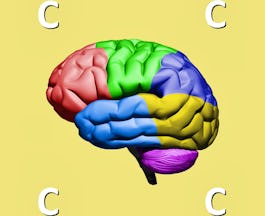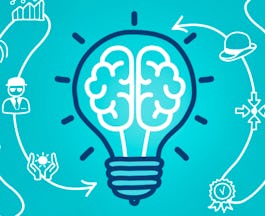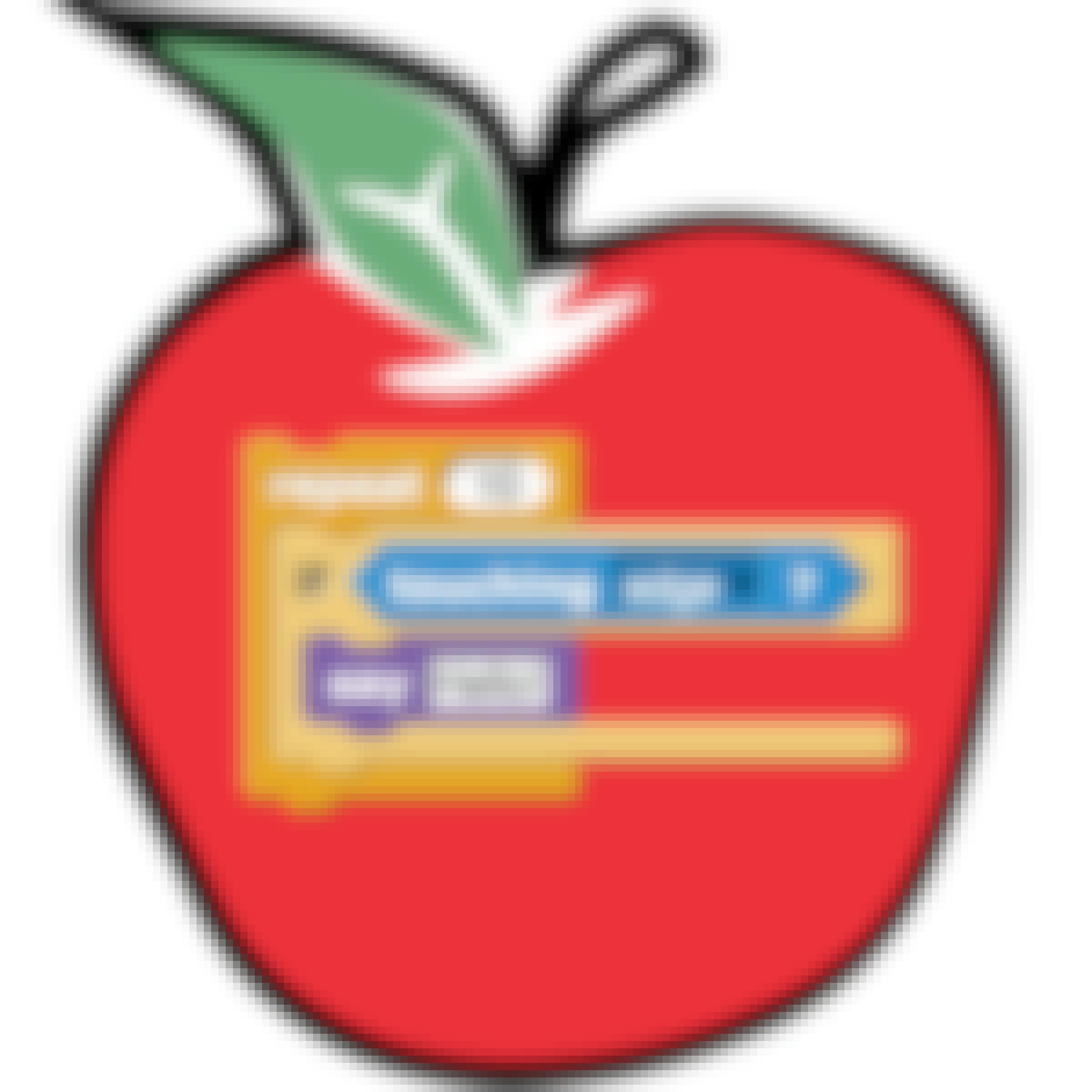Filter by
The language used throughout the course, in both instruction and assessments.
Explore the Computational Thinking Course Catalog
 Status: Free
Status: FreeStanford University
Skills you'll gain: Critical Thinking, Mathematical Theory & Analysis, Mathematics, Problem Solving, Computational Logic, Algebra, Applied Mathematics, Data Analysis, Creativity, Decision Making

University of Pennsylvania
Skills you'll gain: Computational Thinking, Computer Programming, Problem Solving, Algorithms, Computational Logic, Critical Thinking, Programming Principles, Python Programming, Theoretical Computer Science, Process Analysis

University of Michigan
Skills you'll gain: Computational Thinking, Computer Programming, Entrepreneurship, Leadership and Management, Problem Solving, Research and Design, Theoretical Computer Science, Algorithms

University of Colorado System
Skills you'll gain: Computer Programming, C Programming Language Family, Data Analysis, Algorithms, Computational Thinking
 Status: Free
Status: FreeImperial College London
Skills you'll gain: Creativity, Problem Solving, Collaboration

University of California, Davis
Skills you'll gain: Big Data, Computational Thinking, Data Analysis, Machine Learning, Human Learning, Network Analysis, Machine Learning Algorithms, Social Media, Data Management, Natural Language Processing, Algorithms, Behavioral Economics, Exploratory Data Analysis, Network Architecture, Network Model, Probability & Statistics, Theoretical Computer Science, Applied Machine Learning, Computer Networking, Computer Programming, Data Model, Statistical Machine Learning, General Statistics, Graph Theory

University of California San Diego
Skills you'll gain: Problem Solving, Computational Thinking

University of Glasgow
Skills you'll gain: Computer Programming, Programming Principles, Computational Thinking, Computer Programming Tools, Javascript

Skills you'll gain: Python Programming, Programming Principles, Big Data, Software Testing, Algorithms, Computer Programming, Django (Web Framework), Tensorflow

University of Michigan
Skills you'll gain: Critical Thinking

University of California San Diego
Skills you'll gain: Computational Thinking

University of Glasgow
Skills you'll gain: Computational Thinking, Javascript, Programming Principles
Searches related to computational thinking
In summary, here are 10 of our most popular computational thinking courses
- Introduction to Mathematical Thinking: Stanford University
- Computational Thinking for Problem Solving: University of Pennsylvania
- Problem Solving Using Computational Thinking: University of Michigan
- Computational Thinking with Beginning C Programming: University of Colorado System
- Creative Thinking: Techniques and Tools for Success: Imperial College London
- Computational Social Science: University of California, Davis
- Computational Thinking & Block Programming in K-12 Education: University of California San Diego
- Computational Thinking with JavaScript: University of Glasgow
- Programming in Python: Meta
- Model Thinking: University of Michigan










